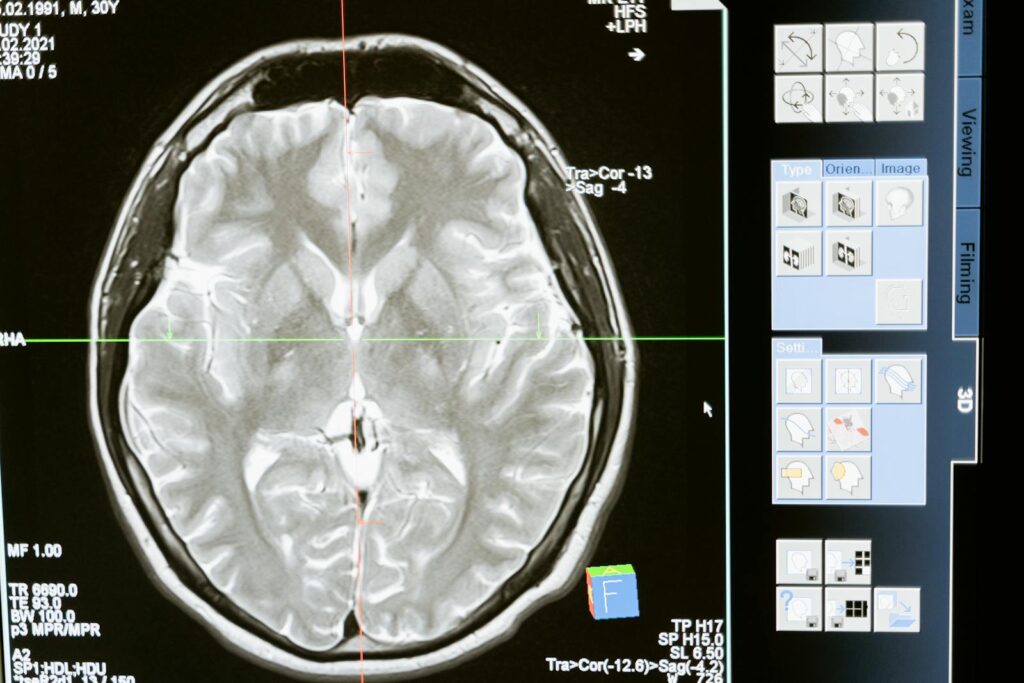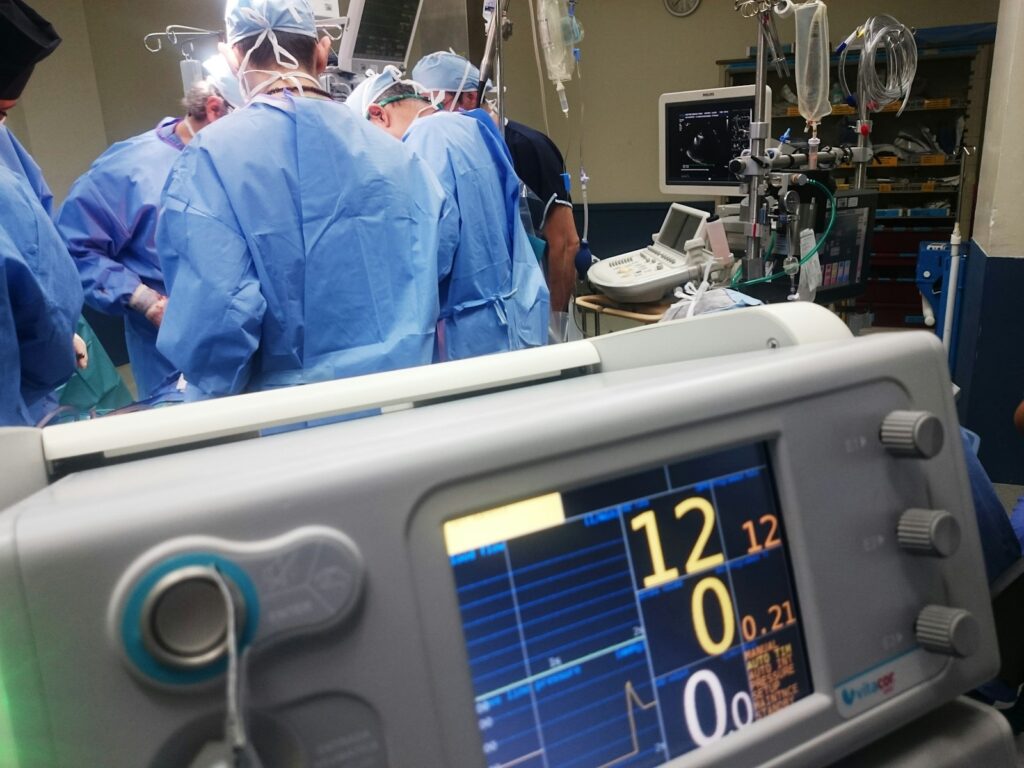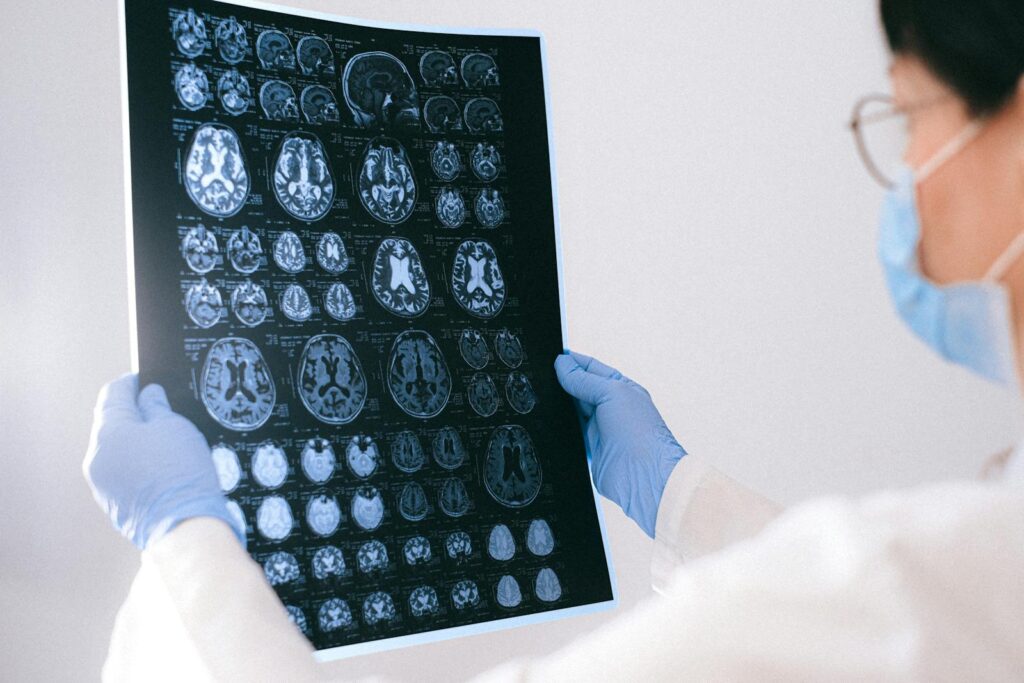For years, the phrase “my life flashed before my eyes” has been associated with near-death experiences. Now, science may have caught up with this idea.
In a groundbreaking discovery, scientists have recorded brain activity during a person’s final moments, revealing new insights into what happens as we transition from life to death.
An Accidental Discovery

The study wasn’t originally intended to observe the dying process. Researchers were monitoring the brain waves of an 87-year-old patient with the goal of detecting seizures.
Unexpectedly, the patient suffered a heart attack during the monitoring session, and researchers were able to capture brain activity as the patient passed away.
What Happens in the Brain at Death?

When the patient’s heart stopped, scientists observed a spike in brain activity. The most striking pattern was the increase in gamma waves, which are associated with functions like dreaming, meditation, and memory recall.
Lead author of the study Dr. Ajmal Zemmar believes this surge could represent the brain’s final effort to process significant life events.
New Ethical Questions Emerge

This discovery challenges our understanding of the moment of death. It raises ethical questions, particularly around organ donation and the precise moment life is declared to have ended.
It’s important to remember, however, that this study was based on one patient with preexisting brain conditions, which may affect the findings.
A Comforting Possibility

Although the study is limited, it presents a comforting idea: that our brain may engage in positive memory recall in our final moments.
Dr. Zemmar points out that this understanding could help offer solace to families, knowing their loved ones might be experiencing peaceful memories before passing.
Supporting Near-Death Experience Claims

The brain activity recorded supports many near-death experiences, where people describe seeing their lives flash before them.
These reports often describe a vivid review of one’s life. Dr. Zemmar’s findings suggest that the brain’s final moments might involve this reflective memory process.
A New Path for Research

This accidental discovery lays the groundwork for further research into what happens to the brain during death.
While this was a single case, future studies may reveal whether these patterns of memory recall are consistent across different types of deaths and patients, offering more definitive answers.
Connecting Science and Spirituality

Beyond the scientific findings, this study raises existential and spiritual questions. Dr. Zemmar acknowledges the depth of the discovery, suggesting that it could offer a bridge between scientific understanding and spiritual beliefs about life and death. It presents an opportunity to view death from both perspectives.
The Debate Continues

Scientists are still divided on the meaning of this brain activity. Is it simply the body’s last biological effort, or is it something deeper?
While researchers are cautious about drawing broad conclusions, the study has certainly contributed to ongoing discussions about what happens in our final moments.
Ultimately, this first-ever recording of brain activity during death offers a fascinating insight into our final moments.

While we have much to learn, this discovery provides an intriguing glimpse into what might happen as we approach life’s end, sparking curiosity and comfort in the unknown.

















































